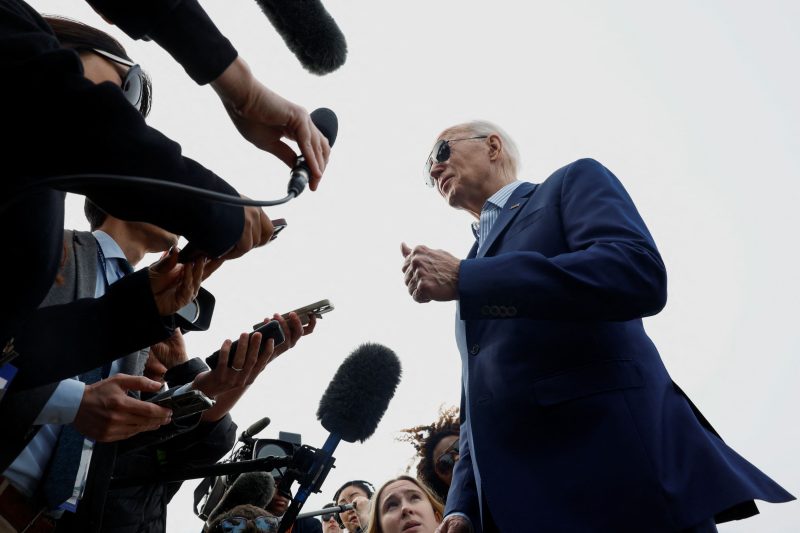In recent months, the popularity and controversy surrounding TikTok have been growing rapidly. The app, known for its short-form videos and wide user base, has faced numerous concerns ranging from data privacy issues to national security risks. The latest development in the saga comes from President Biden himself, who stated that he would be willing to sign a bill that could potentially ban TikTok in the United States if it were to pass through Congress.
The proposal to ban TikTok, if approved by Congress and signed into law by the President, could have far-reaching implications not only for the millions of users who enjoy the platform but also for the broader social media landscape. TikTok has become a staple for many young people, providing a creative outlet and a sense of community that is unique to its format. A ban on the app would undoubtedly disrupt the lives of its users and force them to seek alternative platforms for their content.
On the other hand, proponents of the ban argue that TikTok’s ties to China raise significant national security concerns. The Chinese government’s track record of data privacy violations and censorship has raised red flags for many policymakers in the U.S. The fear that user data collected by TikTok could be used for malicious purposes or that the app itself could be leveraged as a tool for political influence has spurred calls for stricter regulation or an outright ban.
The potential ban on TikTok also raises questions about the broader implications for free speech and digital rights. While concerns about national security are valid, a ban on a popular app like TikTok could set a dangerous precedent for censorship in the digital age. The ability of governments to control or restrict access to online platforms raises concerns about the erosion of individual freedoms and the stifling of creative expression.
As the debate over TikTok’s future in the United States continues to unfold, it is essential for lawmakers to carefully consider all aspects of the issue. Balancing national security concerns with the rights of individuals to express themselves online is no easy task, but finding a solution that safeguards both is crucial. Ultimately, the decision to ban TikTok or allow it to continue operating will have significant implications for the future of social media and digital freedoms in the U.S. and beyond.


























